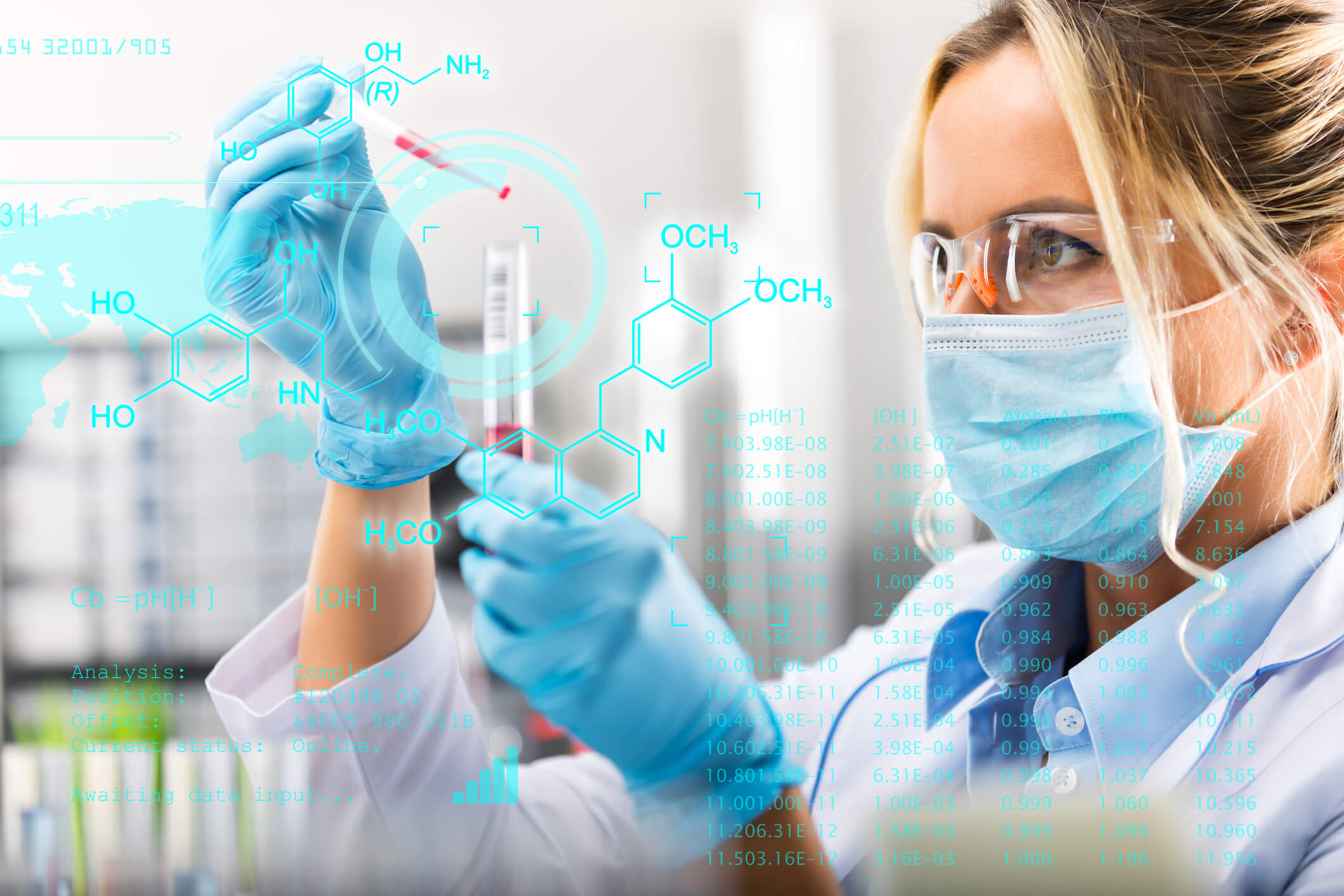Mathematical models in chemical engineering
Overall Course Objectives
To enable the students to formulate and solve mathematical models for chemical systems in chemical and biotechnological process equipment.
Learning Objectives
- Draw a simple figure of a chemical engineering system based on the available description, and point out important simplifying assumptions, including the proper system boundaries.
- Decide if a process is stationary or non-stationary, and decide if concentrations, temperature and pressure vary internally in the system, all in consideration of the simplifying assumptions.
- Choose dependent and independent variables for model set-up and decide if a differential or an integral control volume has to be used, choose shape of control volume based on system geometry, and distinguish between system and control volume.
- Account for the four different terms in mass and energy (heat) balances for the control volume and state which processes in the system contribute to each of those terms.
- Formulate mass and heat balances for both differential and integral control volumes, and use expressions for transport processes, be it in the form of convective contributions or as flux expressions.
- Convert balances (in different geometries) to differential equations, and specify boundary and/or initial conditions based on the system description.
- Formulate mathematical expressions for system characterizing quantities defined verbally.
- Transform a raw model to dimensionless form by normalizing variables and variable expressions, and afterwards explain and interpret the appearing dimensionless parameters in relation to system behavior.
- Examine concurrently with the modeling process if a model is clearly in error.
- Use mathematical methods from the prerequisite mathematics course and technical aids of own choice to solve differential equation models, including the use of Bessel functions as intermediate quantities.
- Analyze, explain and predict the behavior of modeled systems, including defining steady states and examining those for stability.
- Do all of the above on simple partial differential equation models, including using the separation of variables method and basic results of Sturm-Liouville theory to express solutions in series form.
Course Content
A mathematical model is a set of equations describing the behaviour of a real system, and how the behaviour may be influenced by external stimuli. A mathematical model enables the engineer to design a process, to optimize designs, and to control the resulting working process. Treatment of sustainability considerations in a process technology context often requires extensive use of models.
The formulation of a mathematical model is based on the following principal elements: Conservation of mass and energy, known relations between transport rates and physico-chemical conditions (flow, diffusion, conduction, mass and heat transfer), and knowledge about the concentration and temperature dependence of the rates of the involved chemical reactions.
Based on examples the course covers
– choice of control volume,
– steady and non-steady state differential mass and energy balances,
– formulation of boundary conditions through balance equations,
– fluxes,
– transport through variable control volume surfaces,
– linearization and stability
with the intent of exploring the interaction between different transport mechanisms as well as between chemical reaction and transport of mass and heat.
Teaching Method
Lectures, problem solving sessions and homework problems, a midterm problem with report. Usually, the midterm problem, placed in the period from mid March to mid April, lasts 2-3 weeks with concurrent teaching activities. Exact period may vary.
Faculty
Remarks
The course is one of three important chemical engineering prerequisites (28020, 28140, 28160) for admission to MSc-studies in Chemical and Biochemical Engineering. In this context, bachelor studies in Chemistry and Technology should preferably in addition include the courses 28221, 28121/28125, and 28150.






